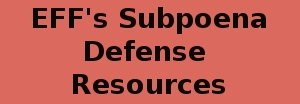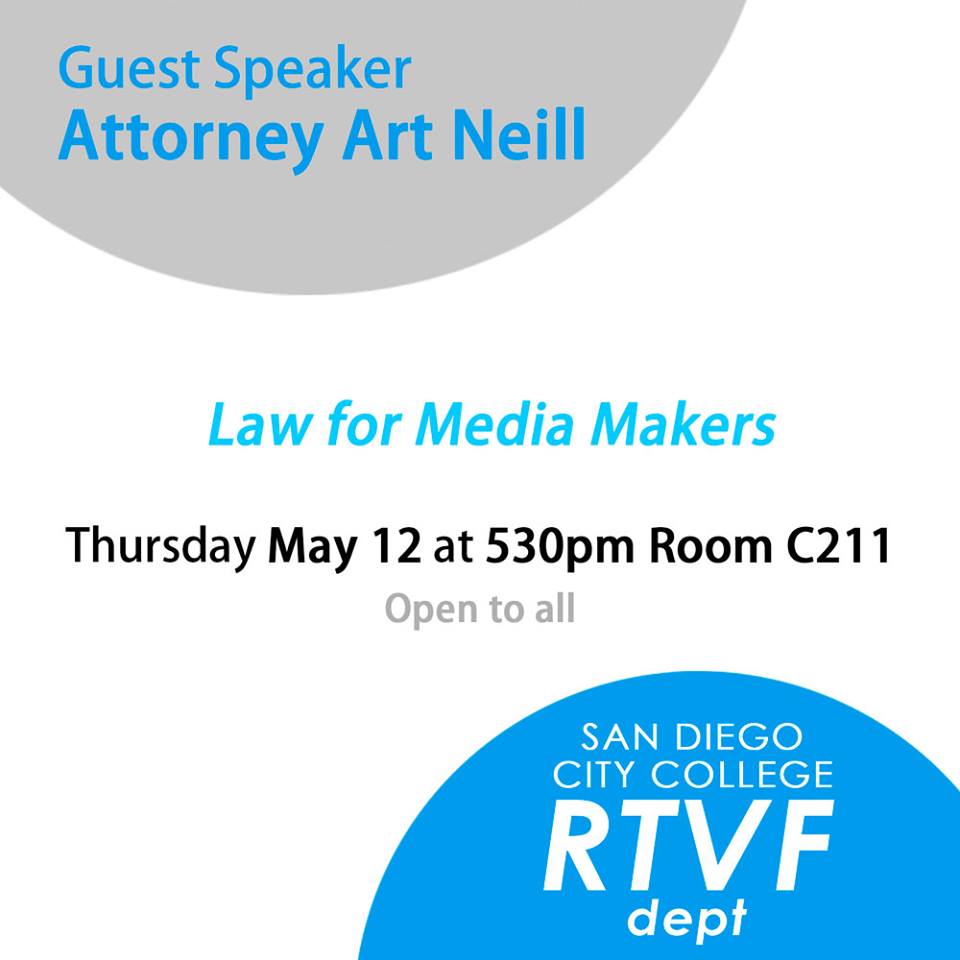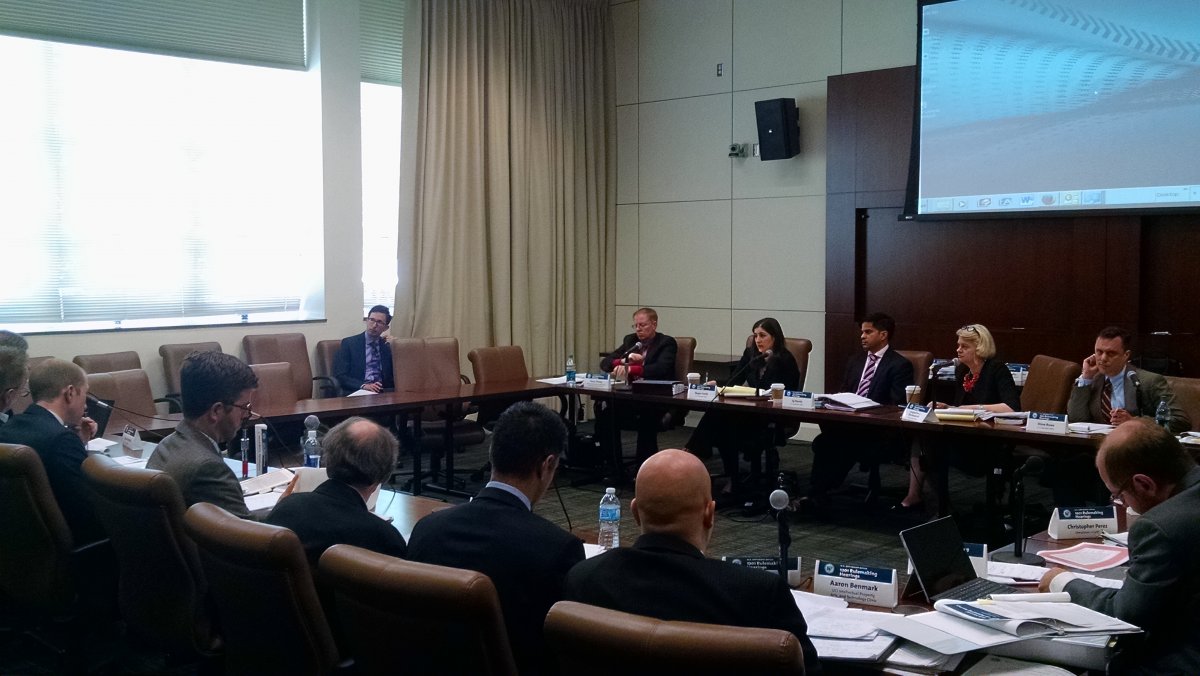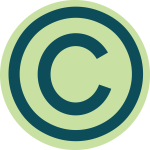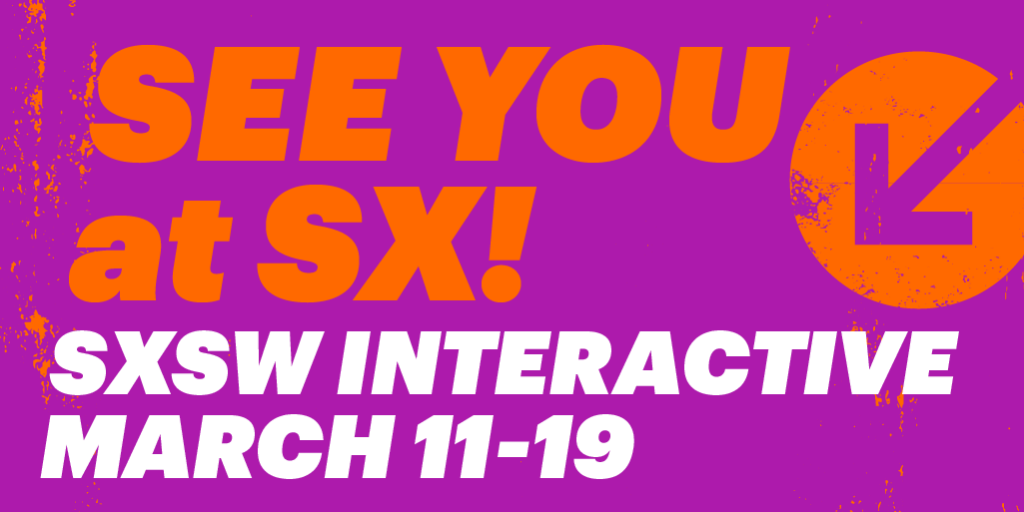On May 2, 2016, Executive Director Art Neill moderated a panel at the 2016 American Association of Law Schools clinical conference entitled "Community and Pedagogical Benefits of Developing Public Education Resources and Engaging in Technology Enhanced Representation."
Here's a detailed description of the panel:
In serving both our communities and students, as clinicians we oftentimes need to be creative about our methods of community engagement and litigation focus/case acceptance practices. Traditionally clinics revolve around a live-client model of individual client centered representation. But what happens when we as clinics need to make an impact for more than one individual at a time? Are there non-case related ways that we can create useful legal pathways for our current and future clients, and our community?
Part 1 of this session will discuss the pedagogical benefits and successful approaches when working with students on creating public education resources. Focusing on non-traditional resources including apps and video, we’ll discuss how this work advances pedagogical goals of doctrinal learning and client counseling. Specifically, panelists will explain how student work developing public education resources supports not only doctrinal learning by reinforcing concepts learned in the classroom, but also fundamental client counseling skills, such as being able to explain legal concepts to non-lawyers. Through open moderation and audience participation, panelists will discuss a variety of public education projects they have undertaken in their clinics, including the Fair Use Best Practices for Documentary Filmmakers and Online Video Creators, as well as the Fair Use App, and a variety of educational video series and written resources.
Part II of the session will introduce attendees to A2J, a software system with an authoring tool that creates graphical Guided Interviews, which walk self-represented litigants through a legal process. Presenters will discuss the pedagogical model as implemented within clinics; present specific clinic project guided interviews; direct attendees to various teaching materials created by clinics using this software; and expose attendees to new pedagogical perspectives and tools generated by the professors who have taught in the Project. Syllabi and sample interviews will be made available.
Panelists included
Art Neill, New Media Rights & California Western School of Law
Jack I. Lerner, University of California, Irvine School of Law
Victoria F. Phillips, American University, Washington College of Law
Carrie Hagan, Indiana University Robert H. McKinney School of Law



